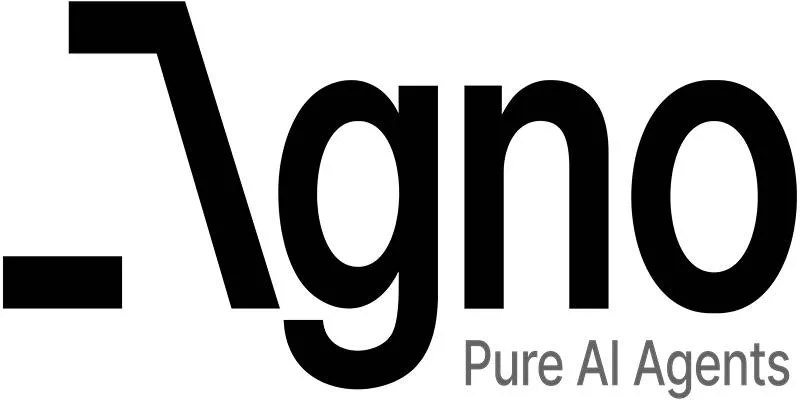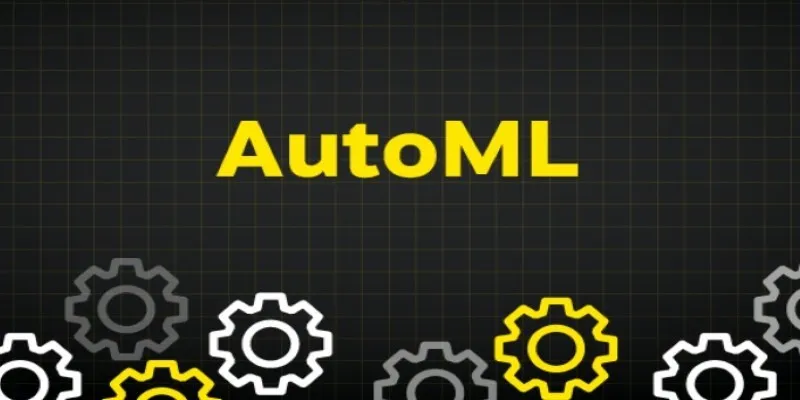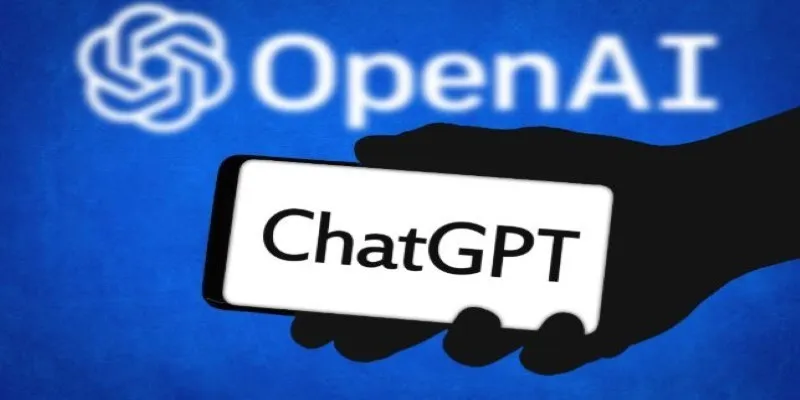Artificial Intelligence (AI) has revolutionized industries, but it has its limitations. Broad AI systems often struggle with specific challenges, paving the way for specialized solutions. These targeted approaches provide greater efficiency, accuracy, and relevance by narrowing their focus. This shift underscores the importance of tailoring AI technologies to meet unique needs, fostering innovation across diverse fields.
Limitations of General-Purpose AI:

1. Challenges in Contextual Understanding
AI systems, despite their complexity, face difficulties in processing nuanced contextual information. They can rapidly process linguistic, visual, and numerical data but often misinterpret subtle cultural expressions and domain- specific terms. This constraint hampers precise operations within sectors like healthcare, law, and education.
2. Insufficient Domain Expertise
General AI models are developed from broad datasets but often fall short in meeting industry-specific needs. For example, a lack of legal expertise in a general AI system can lead to missed important clauses in legal documents. The significance of AI solutions emerges when they are developed with industry- specific training and data components.
3. Data Privacy and Security Risks
AI systems rely heavily on large-scale data processing, posing significant privacy and security risks, especially in sensitive sectors like finance and healthcare. Handling such data requires strict compliance with privacy regulations. General AI models may expose vulnerabilities or fail to meet data protection standards without built-in mechanisms for regulatory adherence.
4. Bias in Training Data
AI systems are only as reliable as the data they’re trained on. If training datasets contain historical biases or imbalances, the AI will likely replicate and potentially amplify those biases. For example, AI-driven hiring tools have demonstrated bias stemming from skewed recruitment data. Without robust corrective mechanisms, general AI risks perpetuating inequality and misinformation.
5. Resource and Cost Constraints
Training and operating large AI models demand significant computational power and storage, making them resource-intensive and expensive. These requirements can be prohibitive for smaller businesses or real-time applications, forcing a trade-off between capability and efficiency.
Rise of Specialized AI Solutions
To tackle complex challenges, developers and companies are increasingly shifting toward specialized AI tools—systems designed for specific industries, roles, or tasks. These focused solutions deliver superior performance, enhanced accuracy, and stronger regulatory compliance compared to their general-purpose counterparts.
1. Industry-Specific Models
Specialized AI solutions are trained on data unique to a single domain, enabling them to deliver highly accurate and relevant results. For example, legal AI platforms are built on case law, contracts, and statutes, allowing them to outperform general models in legal analysis. Similarly, healthcare- focused AI tools leverage medical records and clinical trial data to assist with diagnosis, treatment planning, and research, providing doctors with more reliable support.
2. Customizable Language Models
Instead of relying on generic, one-size-fits-all AI models, companies are adopting customizable language models tailored to their unique needs. A tech company, for instance, might deploy an AI assistant fluent in specialized engineering language, while an e-learning platform could develop a model trained on instructional design principles. This customization ensures that the AI aligns seamlessly with the organization’s brand voice and technical requirements.
3. Task-Specific Automation
AI is increasingly being used to automate precise workflows, such as invoice processing, fraud detection, and customer onboarding. These task-focused applications excel because they are designed to address a narrow scope with exceptional accuracy, unlike general-purpose models that attempt to do everything at once.
4. Built-In Compliance
Many specialized AI tools are engineered with embedded compliance features, making them ideal for highly regulated industries. In fields like financial reporting or healthcare data management, these solutions integrate strict security protocols and audit trails to ensure regulatory adherence. This not only minimizes legal risks but also fosters trust among users.
5. User-Centric Interfaces
Specialized AI tools often feature streamlined interfaces tailored to their target users. Unlike complex dashboards meant for data scientists, these tools provide simplified, role-specific experiences for professionals like educators, sales teams, or frontline workers. This design approach enhances usability and accelerates adoption, ensuring the solutions make a meaningful impact.
Advantages of Focused AI
1. Enhanced Accuracy
Focused AI models deliver superior accuracy by honing in on specific functions and leveraging specialized training data. Their outputs are more precise, consistent, and highly relevant to the user’s needs.
2. Faster Implementation and Results
Designed for targeted use cases, focused AI tools are quicker to integrate and deploy. Businesses can experience tangible benefits sooner compared to the longer setup and customization required for general AI models.
3. Scalable Within Specific Contexts
Unlike general AI systems, which aim for broad applicability, focused AI excels within a particular domain. For instance, a customer service chatbot tailored for the travel industry can efficiently address regional policies, travel restrictions, and booking processes, delivering more effective solutions than a generic model.
4. Simplified Maintenance and Updates
Maintaining focused AI is more straightforward, as updates are confined to its specific knowledge base or functionality. This targeted approach ensures the system remains accurate and reliable without disrupting unrelated features or tasks.
Challenges in Developing Specialized AI Tools
While specialized AI systems offer significant benefits, they also come with their own set of challenges.
1. Limited Scope
Specialized AI excels at performing specific tasks but lacks flexibility. Businesses often require multiple tools to address different functions or departments, which can complicate integration and workflow management.
2. Data Quality and Accessibility
Building an effective specialized AI system depends on access to high-quality, domain-specific data—something that is often difficult to obtain. Without robust training data, even the most well-designed system will struggle to deliver accurate and reliable results.
3. Initial Investment
Though typically more cost-efficient to operate than general-purpose models, specialized AI still demands significant upfront investment, particularly in development and integration. For smaller organizations, these costs can pose a notable barrier.
4. Adapting to Industry Changes
Industries are constantly evolving, and specialized AI must keep pace. Regular updates and continuous learning are essential to ensure the system remains aligned with current regulations, industry standards, and customer expectations.
The Future of AI

The future of AI may lie in a harmonious blend of general-purpose and specialized systems. By using foundational AI models as a starting point and layering them with domain-specific tools, organizations can create modular, adaptable ecosystems. This hybrid approach combines the versatility of broad AI with the precision of focused solutions.
Additionally, AI-as-a-service platforms are emerging as a game changer, enabling businesses to access specialized tools without the need for extensive development. These ready-to-use solutions cater to industries like insurance, education, customer support, and logistics, making advanced AI accessible and practical across diverse fields.
Conclusion
As AI continues to redefine the future of work and decision-making, its limitations, especially in high-stakes or highly specialized contexts, are becoming increasingly evident. By focusing on precision and purpose, these tools deliver superior performance, mitigate risks, and better address real- world demands. To fully harness AI’s potential, businesses and developers must adapt to this shift, understanding that specialization, not generalization, is the true path to success.
 zfn9
zfn9






















